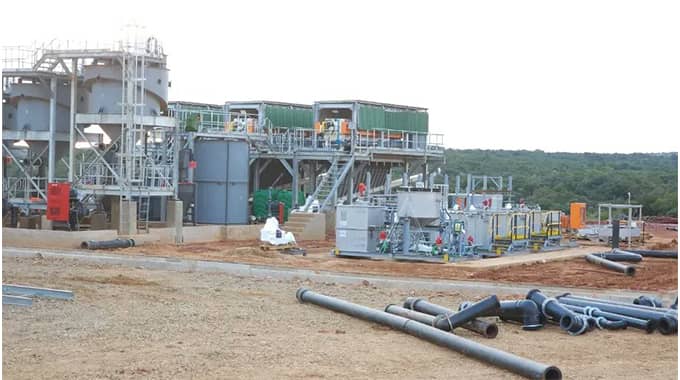Clive Thabo Dube
WHEN one speaks of Zimbabwe’s mineral reserves, you would think the country is one of Africa’s super powers, but the former British colony is amongst Africa’s least developed and poorest countries on the globe.
Endowed with over 60% exploitable minerals, Zimbabwe’s economy still fails to project a suitable growth rate. The Government of Zimbabwe, and their friends from the East (Chinese) have been capitalizing in the mining sector at the expense of villagers and the country at large.
Despite, flamboyantly boasting of more mineral deposits being established, those settling on gemstones either get evicted or relocated from their ancestral homes with little or nothing to savor. With the government claiming the natural resource to belong to the “state”, in reality only a few benefit.
Al Jazeera’s Investigative Unit exposed how the powerful elegantly ship out the country’s gold with precision and launder millions and millions of United States dollars which never go to the pockets of civil servants nor get channeled to avenues of concern like the health and education sectors.
The citizenry were flabbergasted to find out through the scandalous expose how much the politically protected loot the country’s fortune. Those implicated are yet to be brought to book.
Recently, Fort Rixon has been discovered to be the hub of Africa’s biggest Lithium reservoir which the government sees amassing US$12 billion for the country’s mining industry for the year 2023. A year already rocked by severe hyperinflation rather than buoyant economic growth.
An irony to the only business whose transactions are done in cash (foreign currency).
In April, Premier African Minerals invaded Fort Rixon, just a few kilometers away from Bulawayo set up a pilot plant in excavating the precious metal needed to manufacture batteries for electric vehicles. But a manufacturing plant is yet to be installed in Zimbabwe and the government “banned” the exportation of raw Lithium.
Thus the question arise, the currently mined lithium and tantalum minerals where do these end up?
The mineral is on demand and shipping off the aw resource brings in less returns.
The foreign invester of Zulu Lithium Mine has been hailed for changing lives in the mining town by constructing dams, roads and providing employment for the villagers.
Senior Government officials who have toured the plant showed confidence that the plant will turn the country’s unfavorable fortunes to positives.
“Our province’s economic prosperity lies in mining. Gold, lithium, Aventurine these have contributed to the Provincial Gross Domestic product. All these thriving products are in line with government’s envisaged vision of attaining US$ 12 billion mining economy by 2023.” Said Latiso Dlamini-Maseko, Matabeleland South Permanent Secretary for Provincial Affairs and Devolution.
Minister of State for Presidential Affairs and Monitoring Implementation of Government programmes Dr. Jorum Gumbo who recently toured the Zulu Lithium Mine said Zimbabwe will indeed be an upper middle income by 2030.
“Am reliable informed that Zulu Lithium will produce 75 000 tonnes of ore expected to be mined in a lifespan of 25 years, this is a huge project that will take our country into an upper-middle class economy by 2030.”
Zulu Lithium, Bikita Minerals, Acardia, and Sabi Mines are the four major lithium hubs in Zimbabwe exepceted to achieve the US$12 billion milestone for the mining industry.
More land has been given to the multi-commodity mining and natural resources development company which invested US$80 million to expand its operations. Meanwhile more than half of the country’s population have no home to call their own. The affected families are yet to be fully compensated, they join the wagon of those with no tittle deeds.
There are also claims the mineral processing plant in Insiza District, Matabeleland South province has brought forth employment, alas, the plant is automated, little human labor is required.
We await to see, if the promissory values and claims will attest in the near future or the Rixon’s will be left to fend for themselves.


